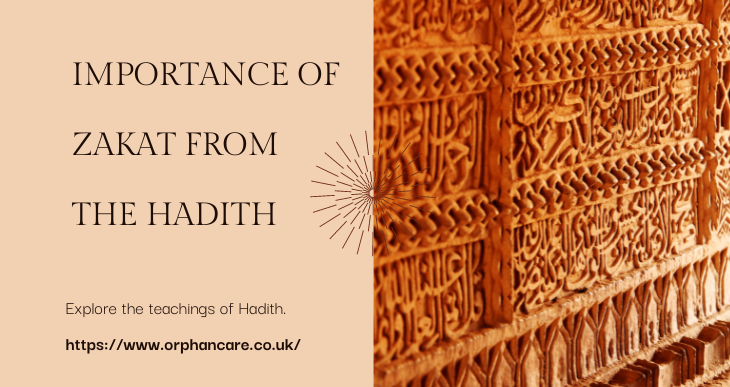A Zakat calculator is a tool designed to help Muslims determine the amount of Zakat they owe based on their financial assets and liabilities. Understanding its functionality and purpose is crucial for accurate Zakat calculation and fulfillment of this important Islamic obligation.
1. Understanding Zakat Calculation:
Zakat is a mandatory form of charity in Islam, prescribed to be given annually by those who possess wealth above a certain threshold (nisab). It is calculated based on various types of assets including cash, gold, silver, investments, and agricultural produce.
2. Purpose of a Zakat Calculator:
A Zakat calculator serves several key purposes:
- Accuracy: It ensures precise calculation of Zakat according to Islamic guidelines, taking into account different types of wealth and deductions.
- Convenience: It simplifies the process for Muslims by automating complex calculations, thereby reducing the chances of errors.
- Accessibility: It allows Muslims worldwide to calculate Zakat easily, irrespective of their financial expertise or knowledge of Islamic jurisprudence.
- Education: It educates users about the principles and conditions of Zakat, fostering greater awareness and adherence to this religious obligation.
3. How a Zakat Calculator Works:
Most Zakat calculators operate based on the following principles:
- Input of Assets: Users enter details of their assets such as cash, gold, silver, stocks, savings, etc. The calculator prompts for specific information required for Zakat calculation.
- Deductions: It deducts necessary expenses and liabilities (such as debts and essential living expenses) from the total assets to determine the Zakatable amount.
- Nisab Check: It verifies whether the total assets meet or exceed the nisab threshold required for Zakat to become obligatory.
- Zakat Calculation: Once all relevant data is inputted, the calculator applies the appropriate Zakat rate (usually 2.5% for most assets) to the Zakatable amount to compute the final Zakat due.
- Display of Results: The calculator displays the calculated Zakat amount in both weight (for assets like gold and silver) and monetary value (for cash and other assets), ensuring clarity and transparency.
4. Importance of Using a Zakat Calculator:
Using a Zakat calculator offers several advantages:
- Ensuring Compliance: It helps Muslims fulfill their religious obligation accurately and in accordance with Islamic teachings.
- Time Efficiency: Calculating Zakat manually can be time-consuming and prone to errors. A calculator streamlines the process, saving time and effort.
- Confidence in Calculation: By providing clear results based on standardized formulas, it instills confidence that Zakat obligations are being met correctly.
- Encouraging Regular Zakat Payment: Easy access to a calculator encourages regular assessment and payment of Zakat, reinforcing the spirit of charity and community support.
5. Steps to Using a Zakat Calculator Effectively:
To make the most of a Zakat calculator, consider the following steps:
- Gather Financial Information: Collect accurate details of all Zakatable assets and liabilities.
- Choose a Reliable Calculator: Select a reputable Zakat calculator endorsed by Islamic scholars or organizations.
- Follow Instructions Carefully: Input data as required and double-check entries for accuracy.
- Review Results: Verify the calculated Zakat amount and understand the breakdown of assets used in the calculation.
- Make Payment: Once Zakat is calculated, make arrangements to distribute it to eligible recipients or charitable organizations.
If you want to help the poor childrens and families then click to Donate and save his life.
Conclusion:
In conclusion, a Zakat calculator is an invaluable tool for Muslims seeking to fulfill their Zakat obligations accurately and efficiently. By leveraging technology to automate calculations while adhering to Islamic principles, these calculators promote financial transparency, community welfare, and spiritual growth. Embracing such tools not only facilitates compliance with religious duties but also fosters a deeper understanding and commitment to charitable giving as prescribed by Islam.

